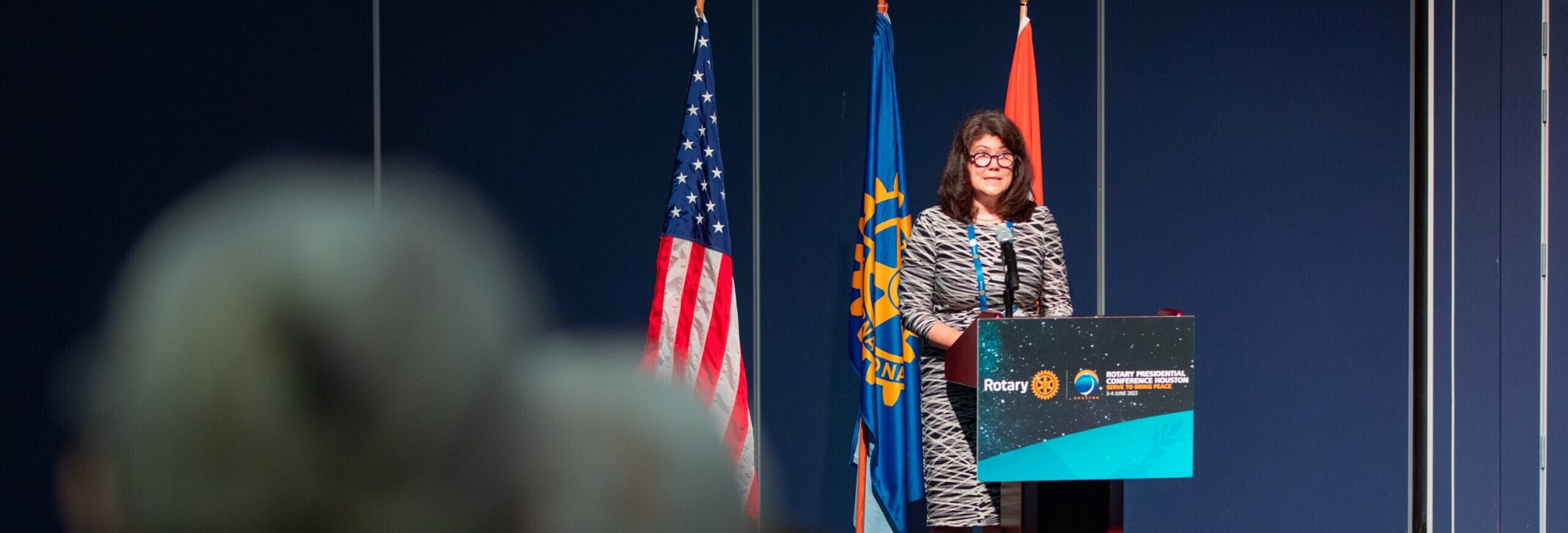Tag: Bridgebuilding/Depolarization

THE HORIZONS PROJECT’S TOP INSIGHTS & LEARNINGS FROM 2022
Since our official launch in January of 2022, the Horizons’ team has spent the bulk of our time building relationships with the many inspiring organizers, network leaders, researchers, and funders...

The Pillars of Support Project
Click here for the Pillars of Support Project Page The complexity of the problem has hampered efforts to coordinate action against authoritarianism. Yet such coordination is crucial. Research shows that the most...

How to rise above partisan politics to uphold our democracy
Recent polls have revealed that “threats to democracy” are a top priority for many of us living in the United States. On the one hand, this is good news. Acknowledging the...

Building A United Front
*This article was written by former Director of Applied Research Jonathan Pinckney. The scope of the challenges of democracy in the United States are vast. For a movement to protect...

Violence and the Backfire Effect
*This article was written by former Director of Applied Research Jonathan Pinckney. Any movement that seeks to stand up against powerful opposition and advocate on important political issues must be...

Bridge-Building and Power-Building: An Ecosystem Approach to Social Change

The Horizons Project Discusses Sensemaking
Get to know The Horizons Project team better, as our Chief Network Weaver Julia Roig and our Director of Partnerships and Outreach Tabatha Pilgrim Thompson share their own approaches to sensemaking in one of the episodes...

Rethinking “Polarization” as the Problem
On June 6, 2022 Horizons’ Chief Network Weaver Julia Roig, shared the main stage at Rotary’s 2022 Presidential Conference in Houston with Gary Slutkin, the founder of Cure Violence and Azim Khamisa, the founder...

Authoritarianism: How You Know It When You See It
What is democracy? Forms of rights-based representative government in which: elected government leadership is constrained by constitutionalism, the rule of law, the separation of powers, the free expression of the...

Kicking Off the Horizons Project
We are thrilled to announce that in January 2022, The Horizons Project has launched under the auspices of our fiscal sponsor, the New Venture Fund. We are very grateful for the...
